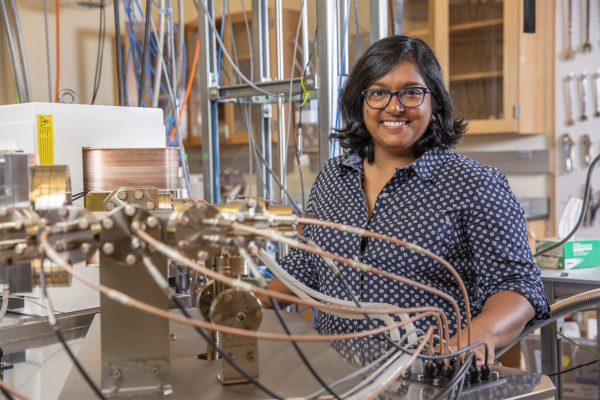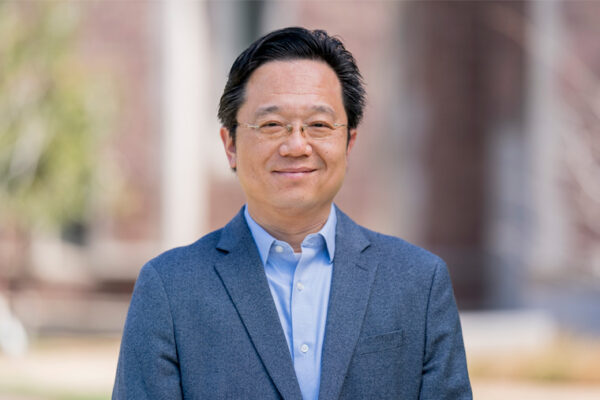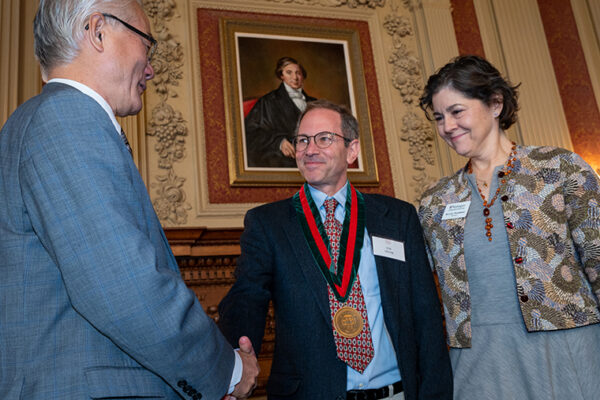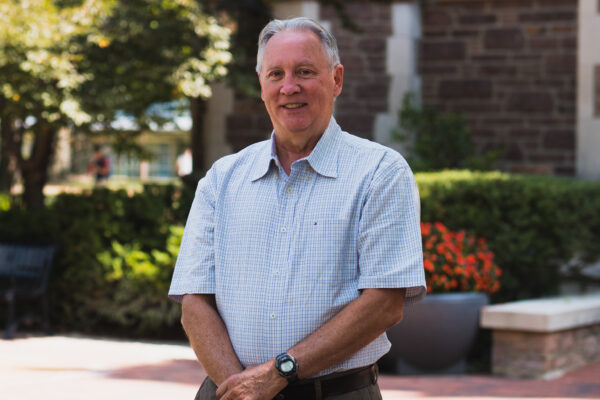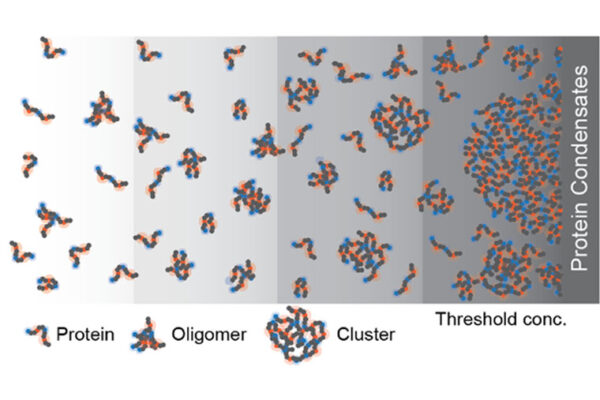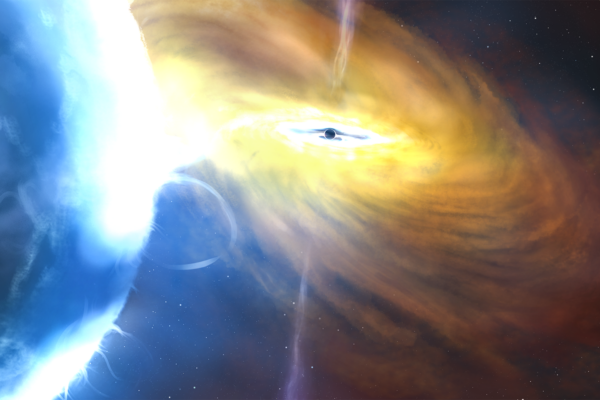Parai wins U.S. Department of Energy grant
Rita Parai, assistant professor of earth and planetary sciences in Arts & Sciences, won a $450,000 grant from the U.S. Department of Energy’s National Nuclear Security Administration.
Lu paper wins ‘test of time’ award
For the second time this year, Chenyang Lu, an internationally recognized leader in cyber-physical systems, has received recognition for a trailblazing paper. The award recognizes his 2010 paper on using wireless sensor networks in a hospital environment.
Herzog installed as Viktor Hamburger Distinguished Professor
Erik Herzog, a professor of biology, was installed as the Viktor Hamburger Distinguished Professor in Arts & Sciences. His talk was titled “For Whom the Bells Toll: Networked Circadian Clocks and Clock Watchers.”
Hatoum wins NIH award
Alexander Hatoum, a research assistant professor of psychological and brain sciences in Arts & Sciences, won a five-year $897,120 award from the National Institutes of Health (NIH)’s National Institute on Alcohol Abuse and Alcoholism.
Occupational therapy clinic breaks ground in Delmar Maker District
Over the last year, a team of architects, medical professionals and engineers from Washington University in St. Louis and Chicago-based architecture firm Skidmore, Owings & Merrill have explored questions about building design and people’s health through interdisciplinary design studios and seminars. Now that research is bearing fruit. On Nov. 11, a new Smart Home for Occupational Therapy Healing — aka SMOOTH House — will break ground in St. Louis’ Delmar Maker District.
Kranz laboratory biologists report structure of heme transporter
In Nature Communications, researchers in the laboratory of Robert Kranz, professor of biology in Arts & Sciences, shared a new cryo-EM structure and proposed some common mechanisms of heme trafficking in the cell.
Researchers bring Body U to schools with HHS grant
The U.S. Department of Health and Human Services has awarded researchers Ellen Fitzsimmons-Craft and Denise Wilfley a grant to help improve outcomes for eating disorders in adolescent girls.
Center for Biomolecular Condensates launches
A new multidisciplinary center focused on biomolecular condensates — distinct molecular communities that make up the building blocks of life — has launched at the McKelvey School of Engineering.
Polarized X-rays reveal shape, orientation of extremely hot matter around black hole
New measurements from Cygnus X-1, reported Nov. 3 in the journal Science, represent the first observations of a mass-accreting black hole from the Imaging X-Ray Polarimetry Explorer (IXPE) mission, an international collaboration between NASA and the Italian Space Agency. The lead author of the new study is physicist Henric Krawczynski in Arts & Sciences.
Midwest Climate Collaborative receives NSF grant
The Midwest Climate Collaborative recently received its first National Science Foundation grant to explore ways to mitigate heat islands in four Midwestern cities.
Older Stories
